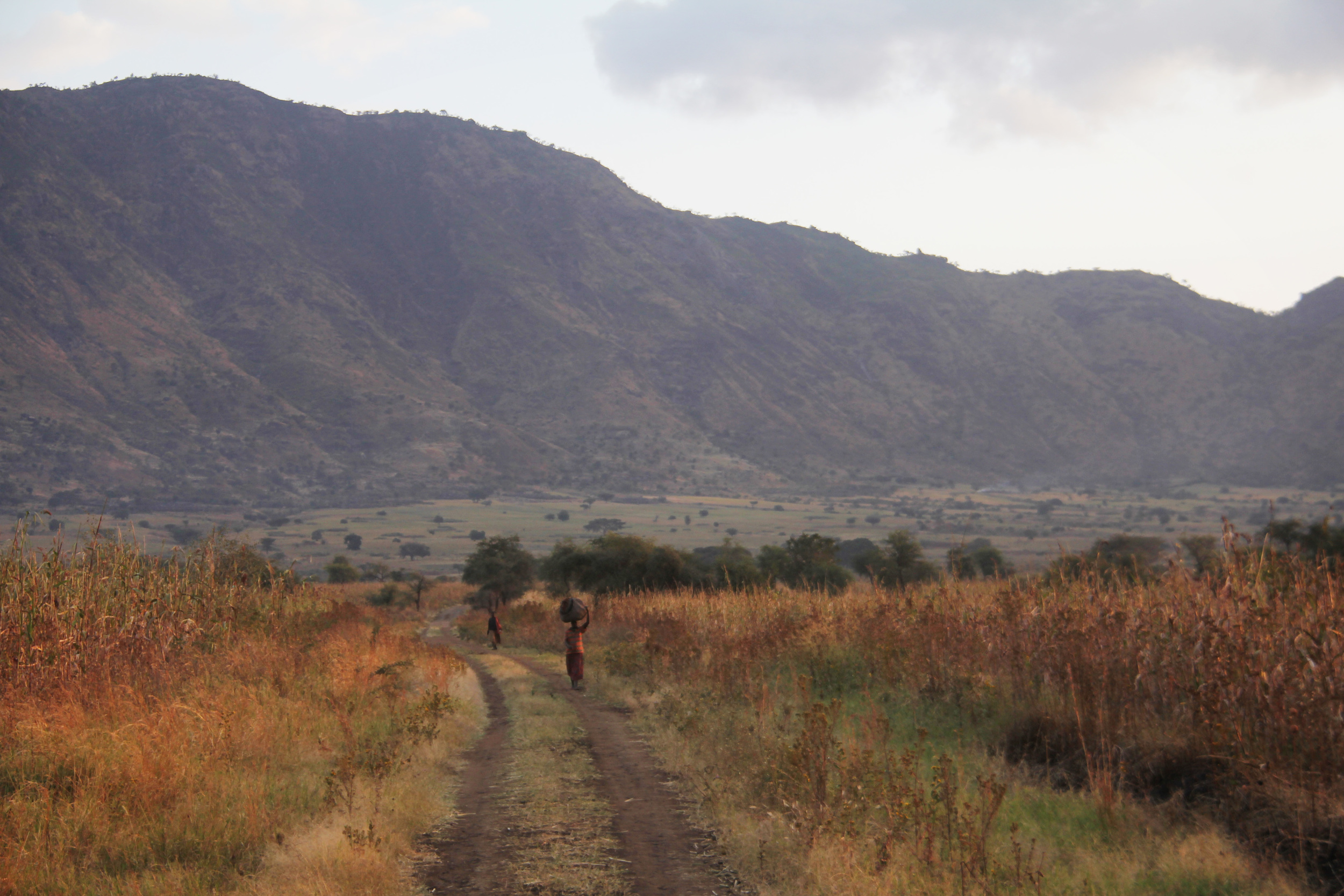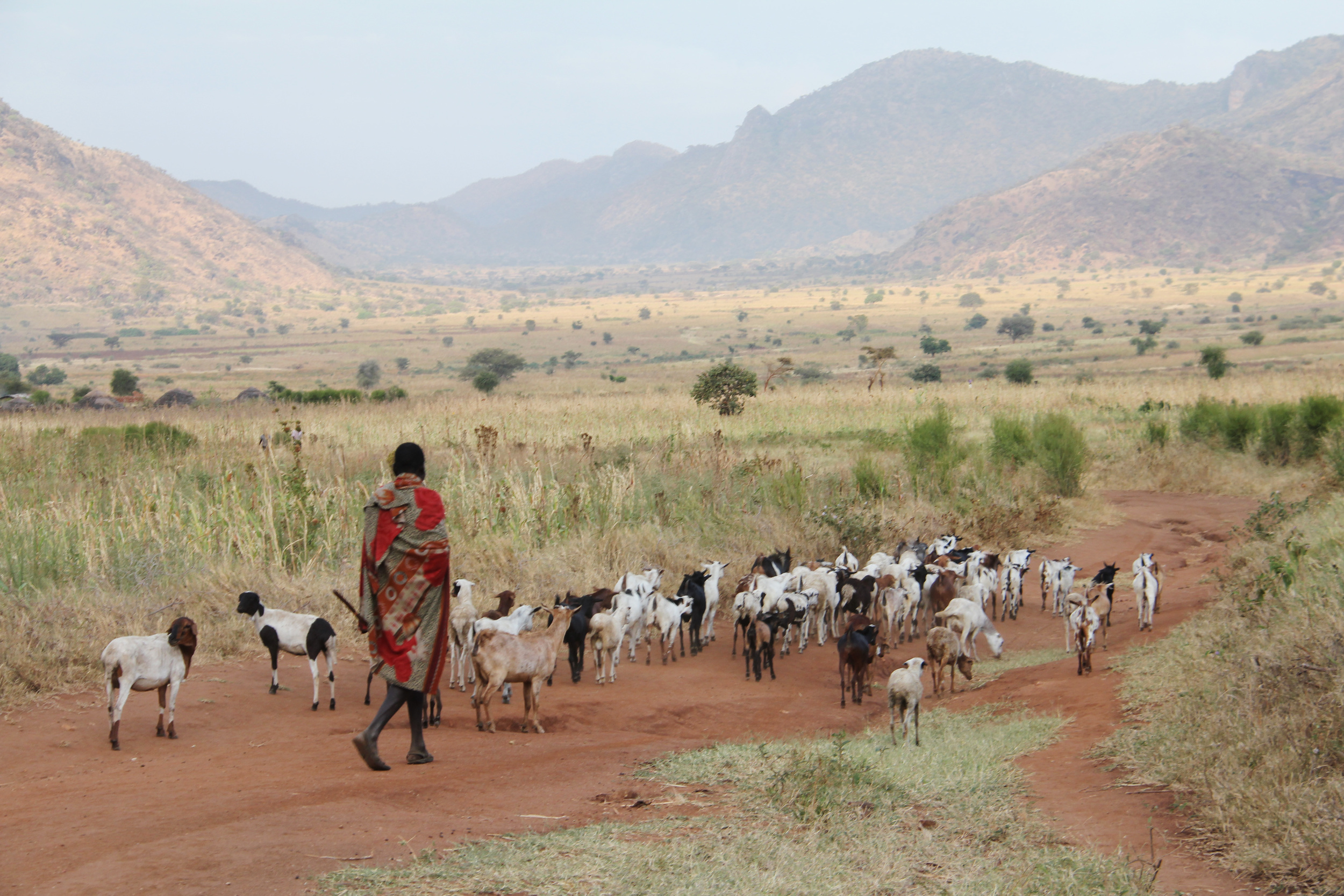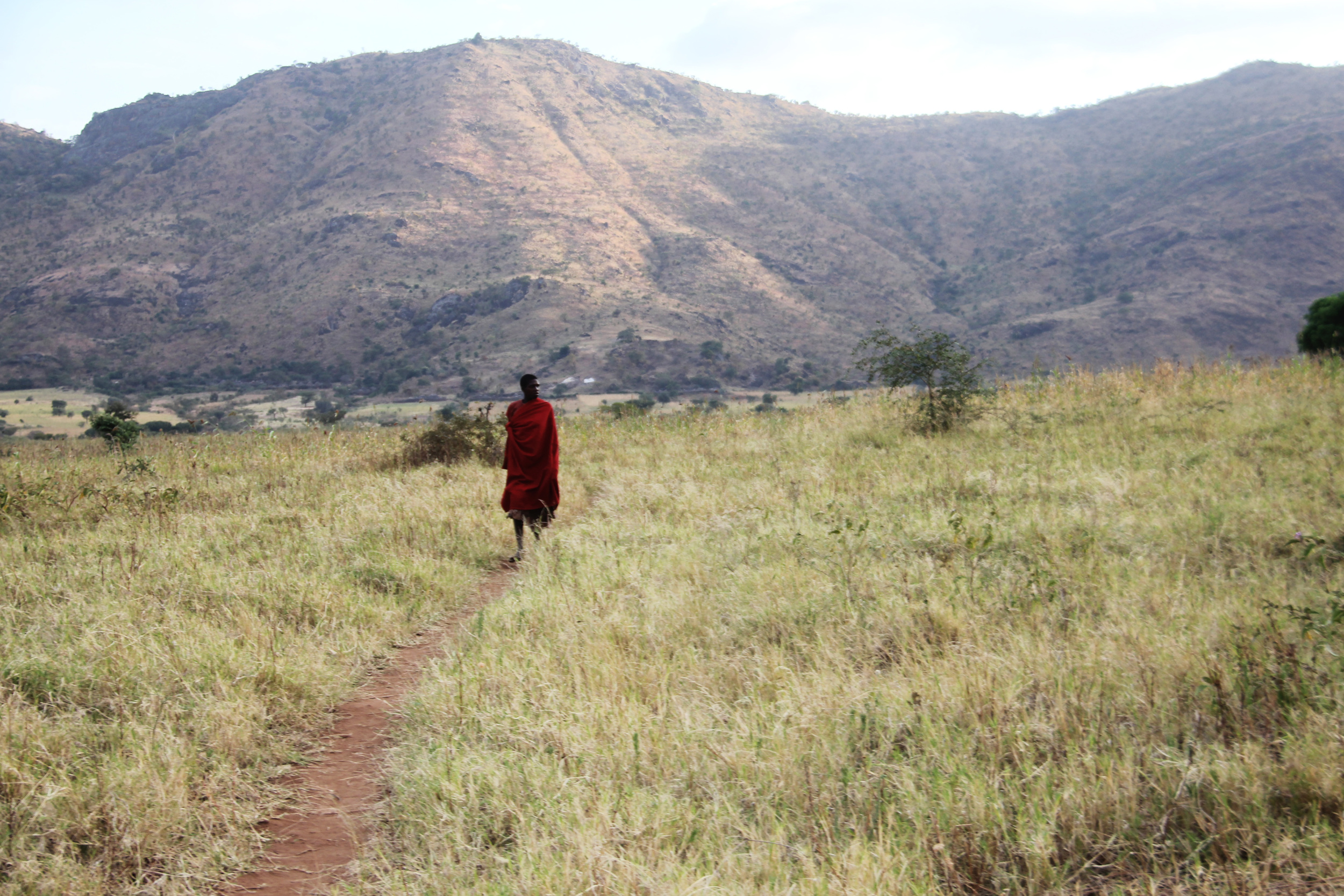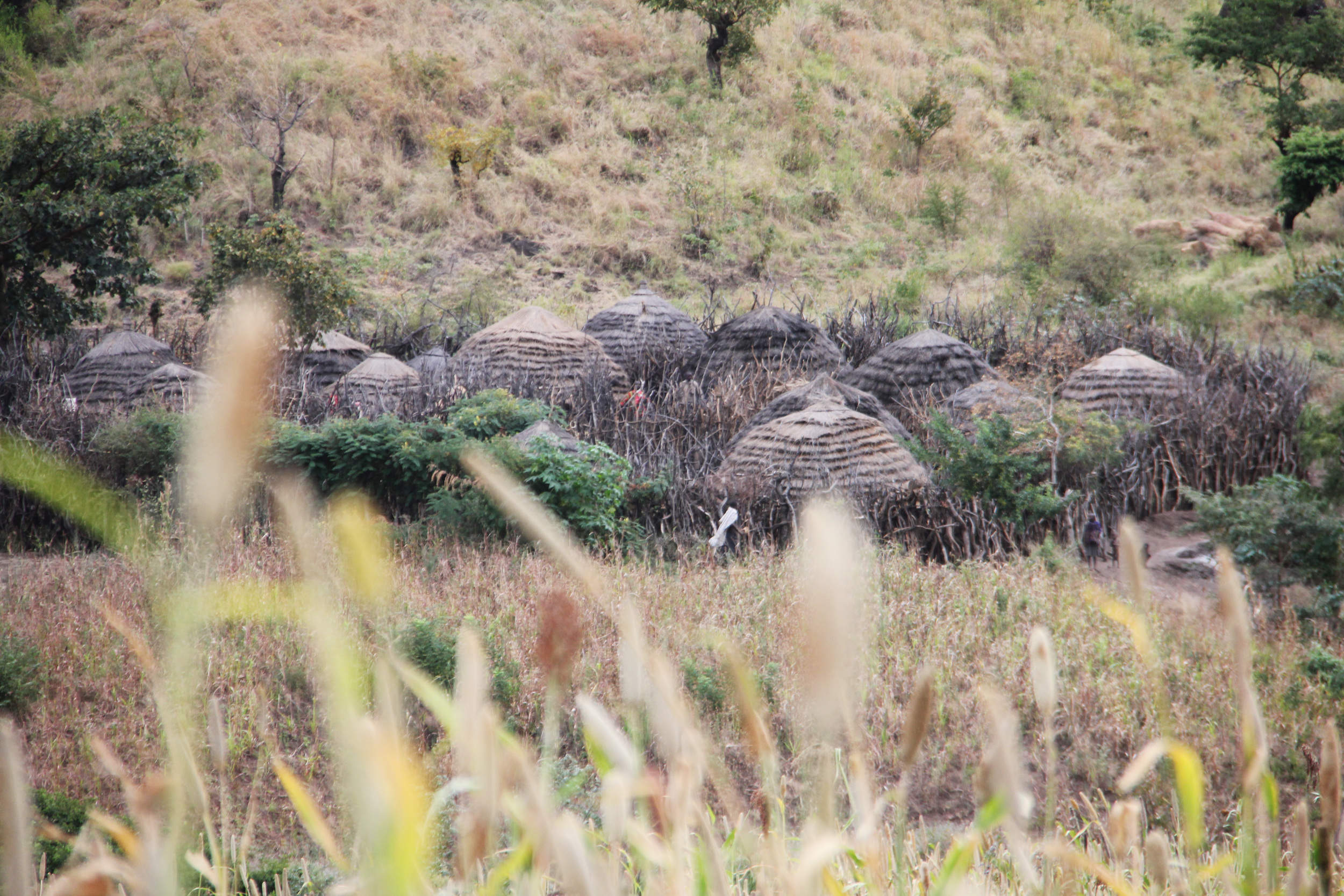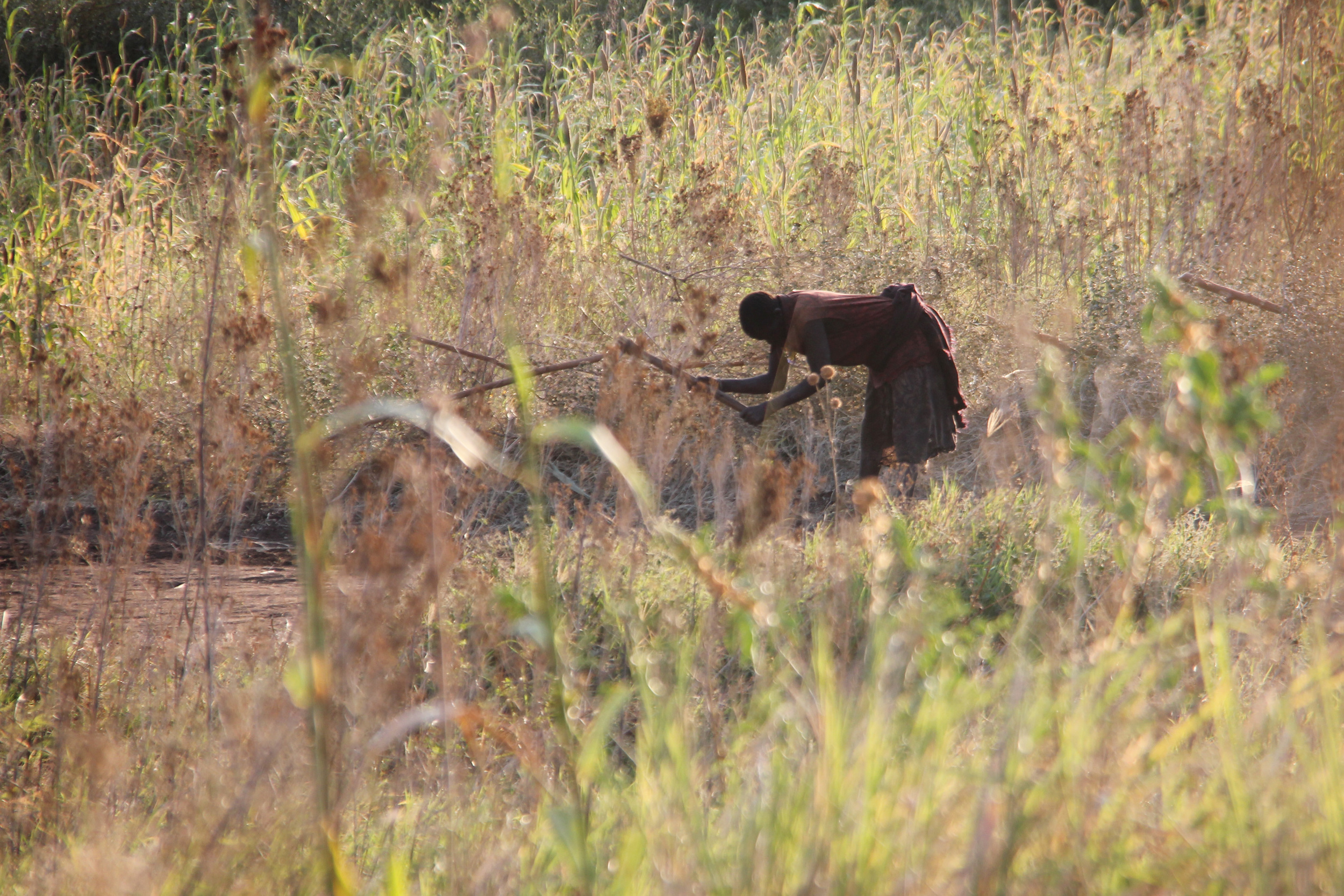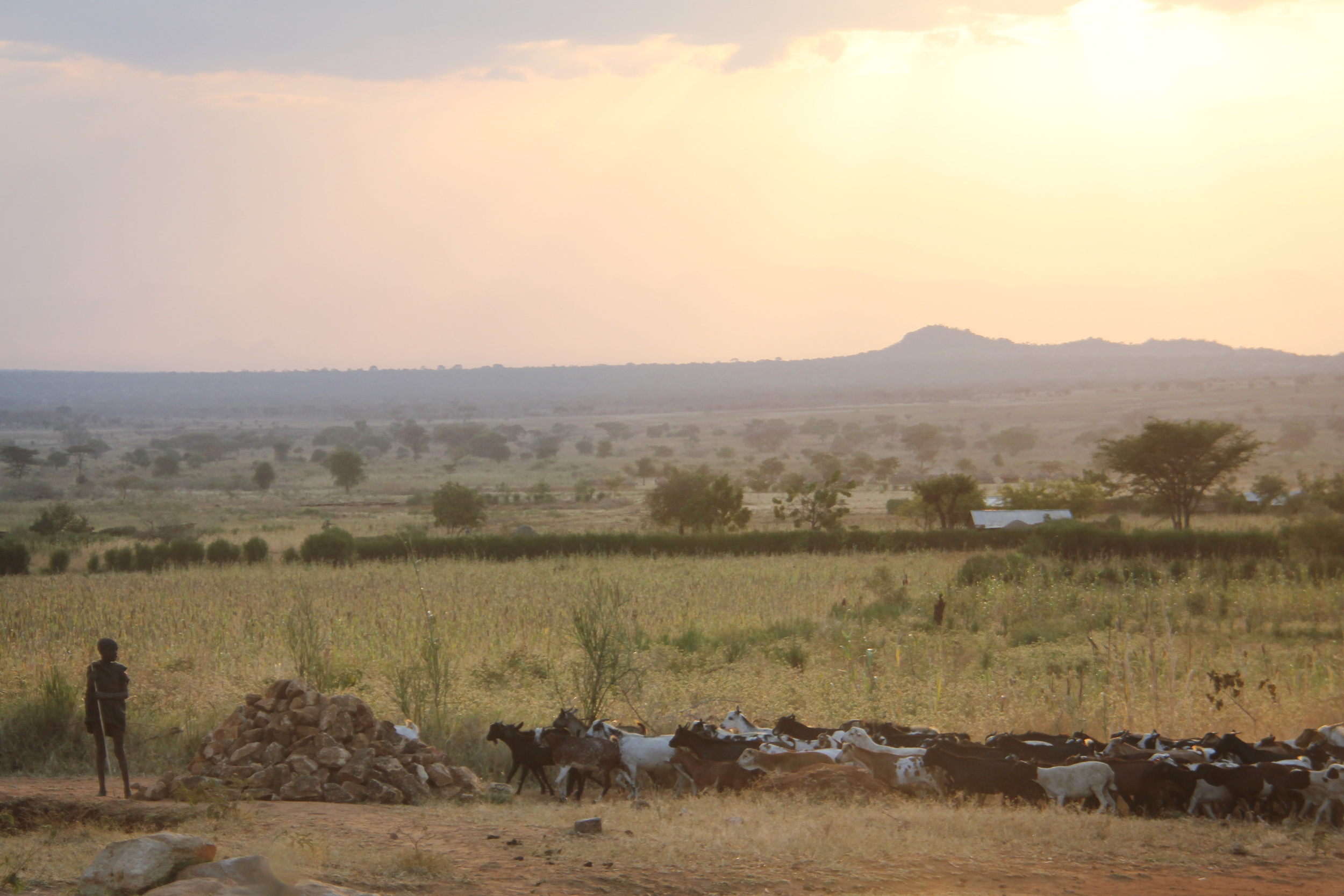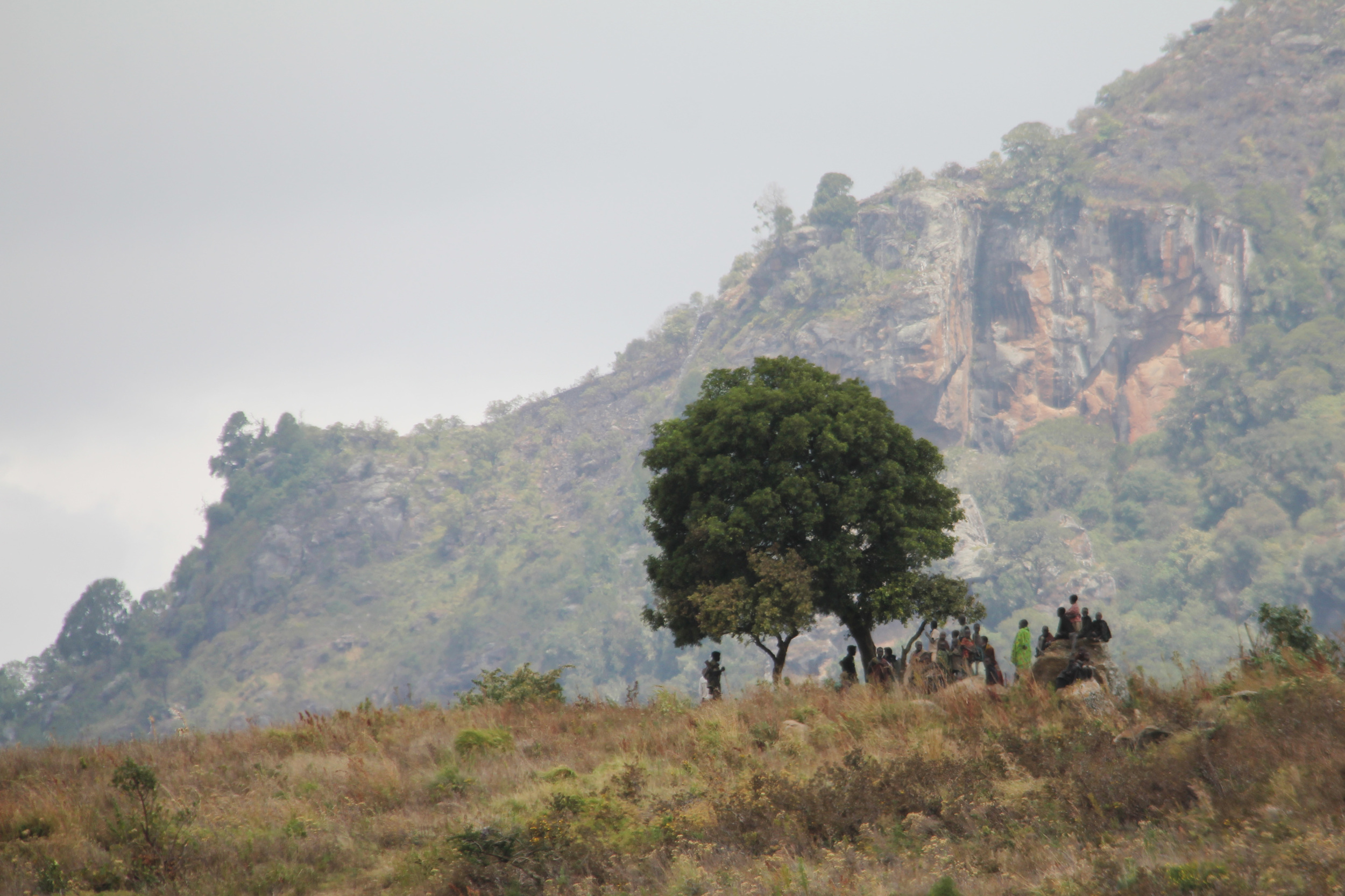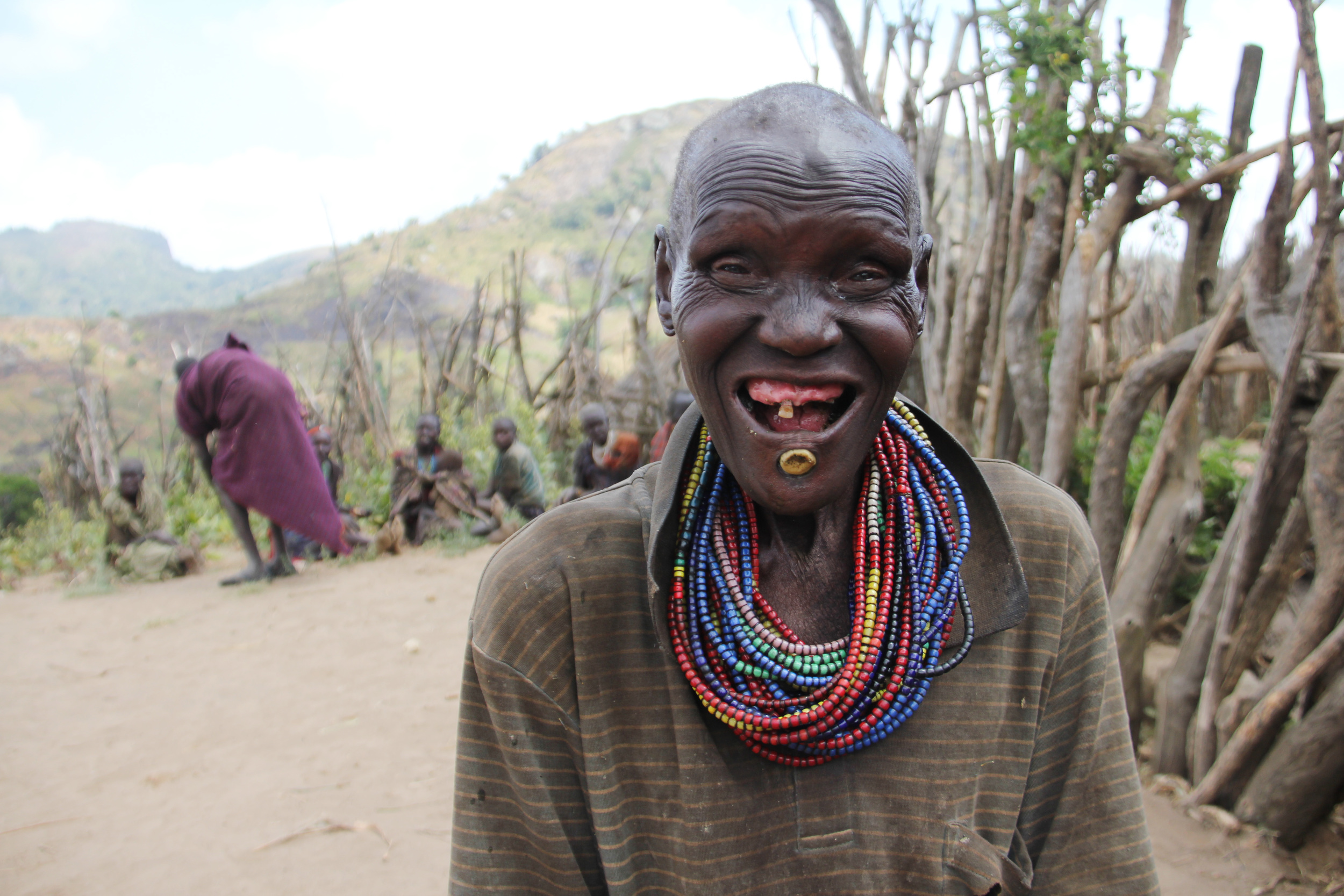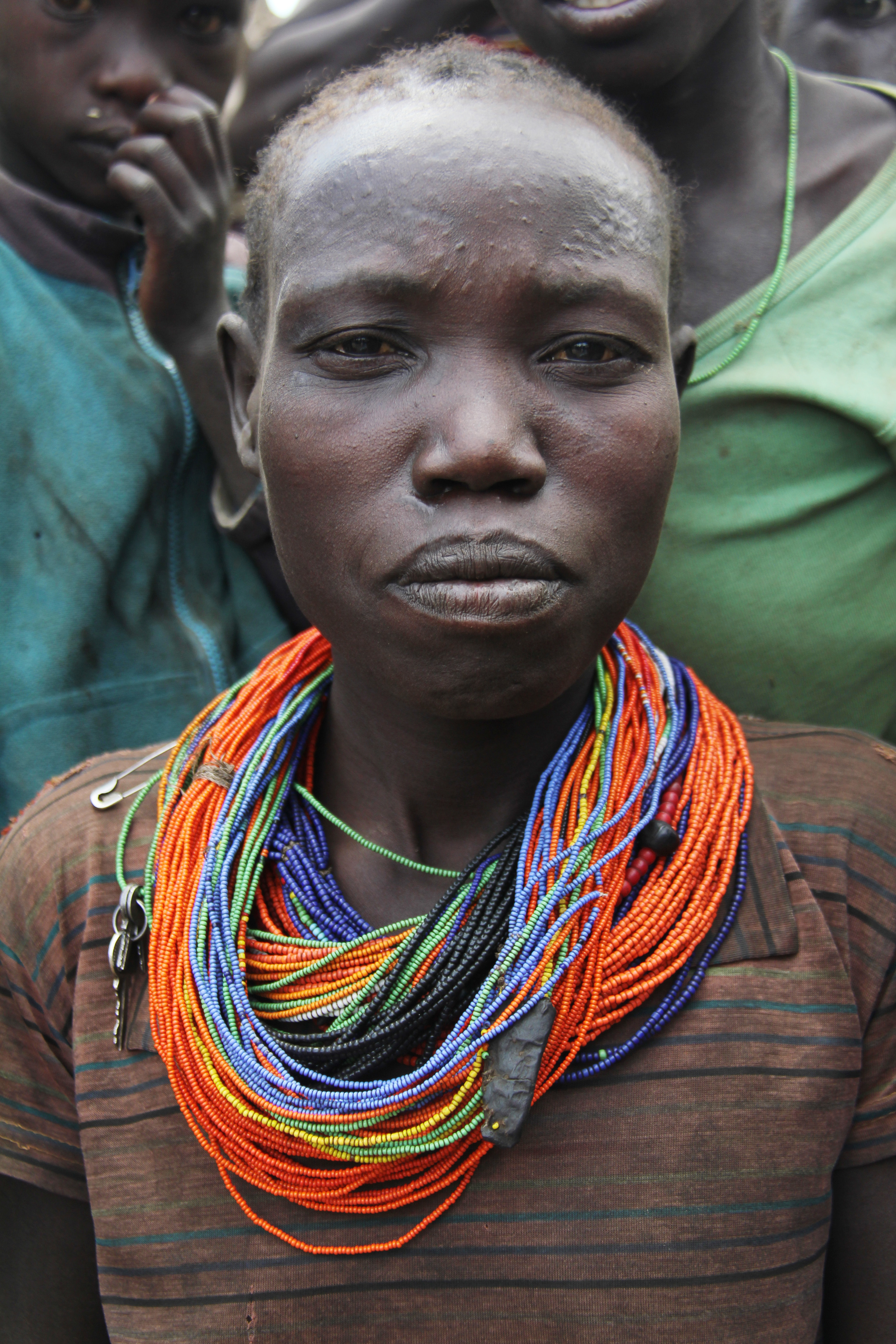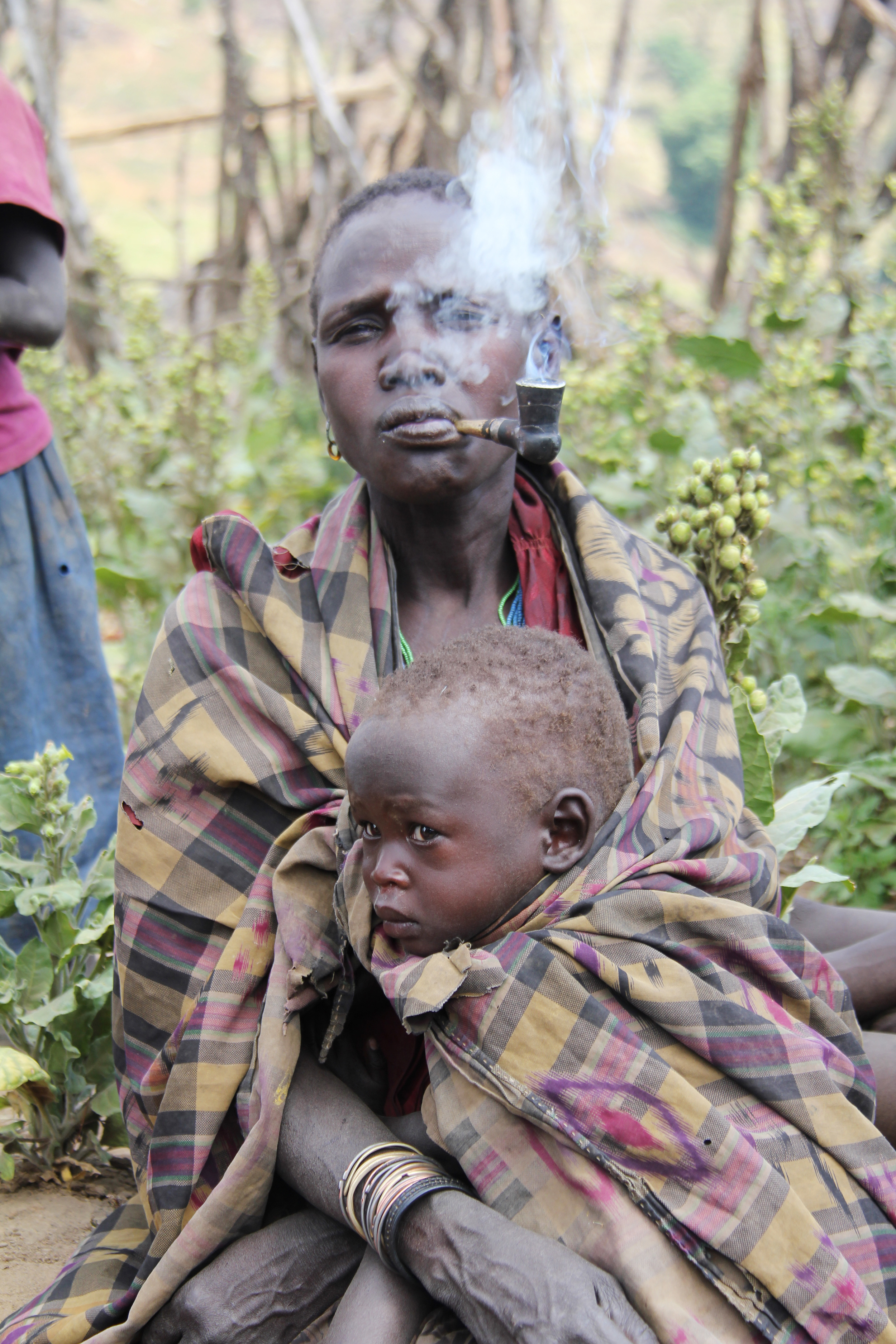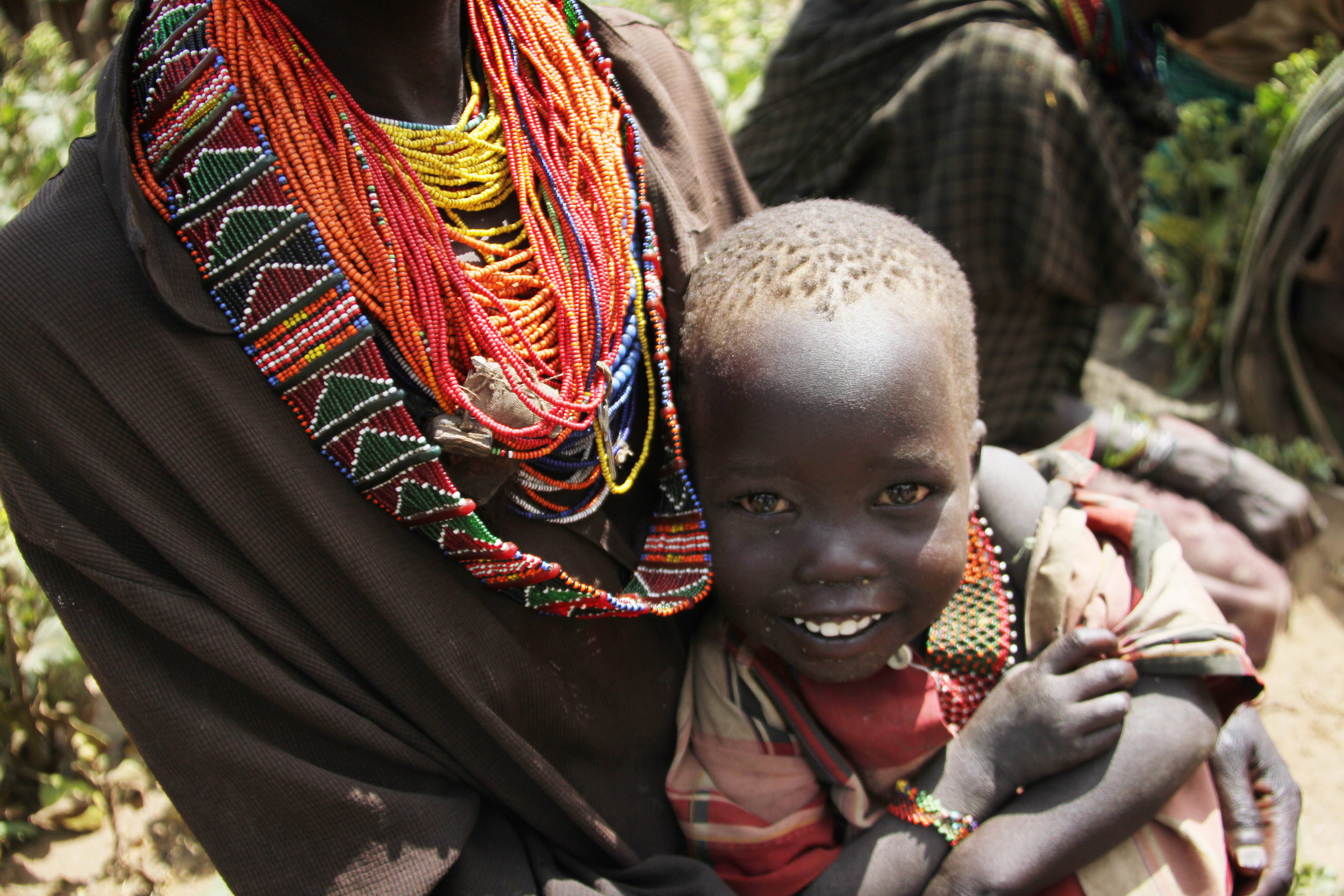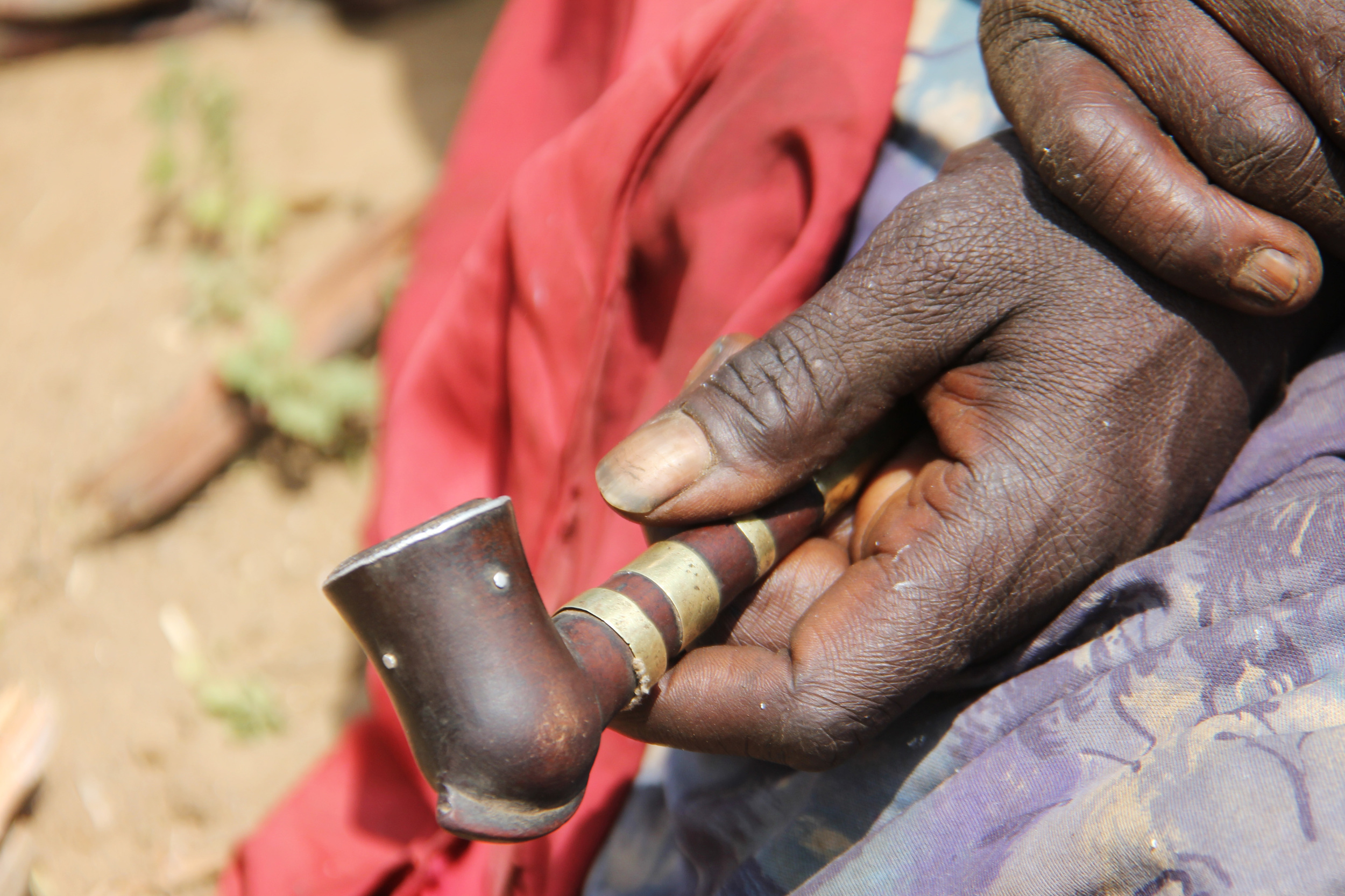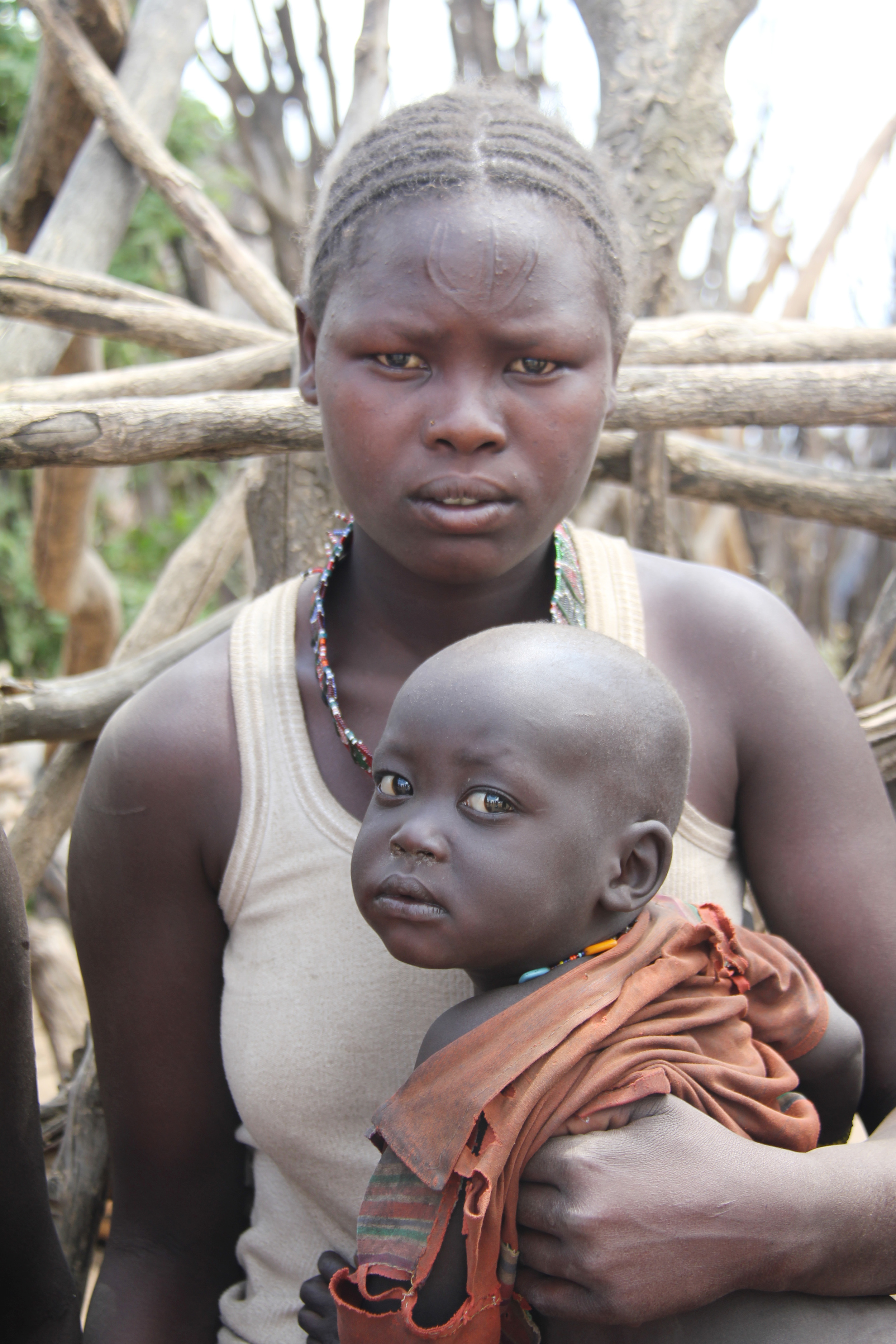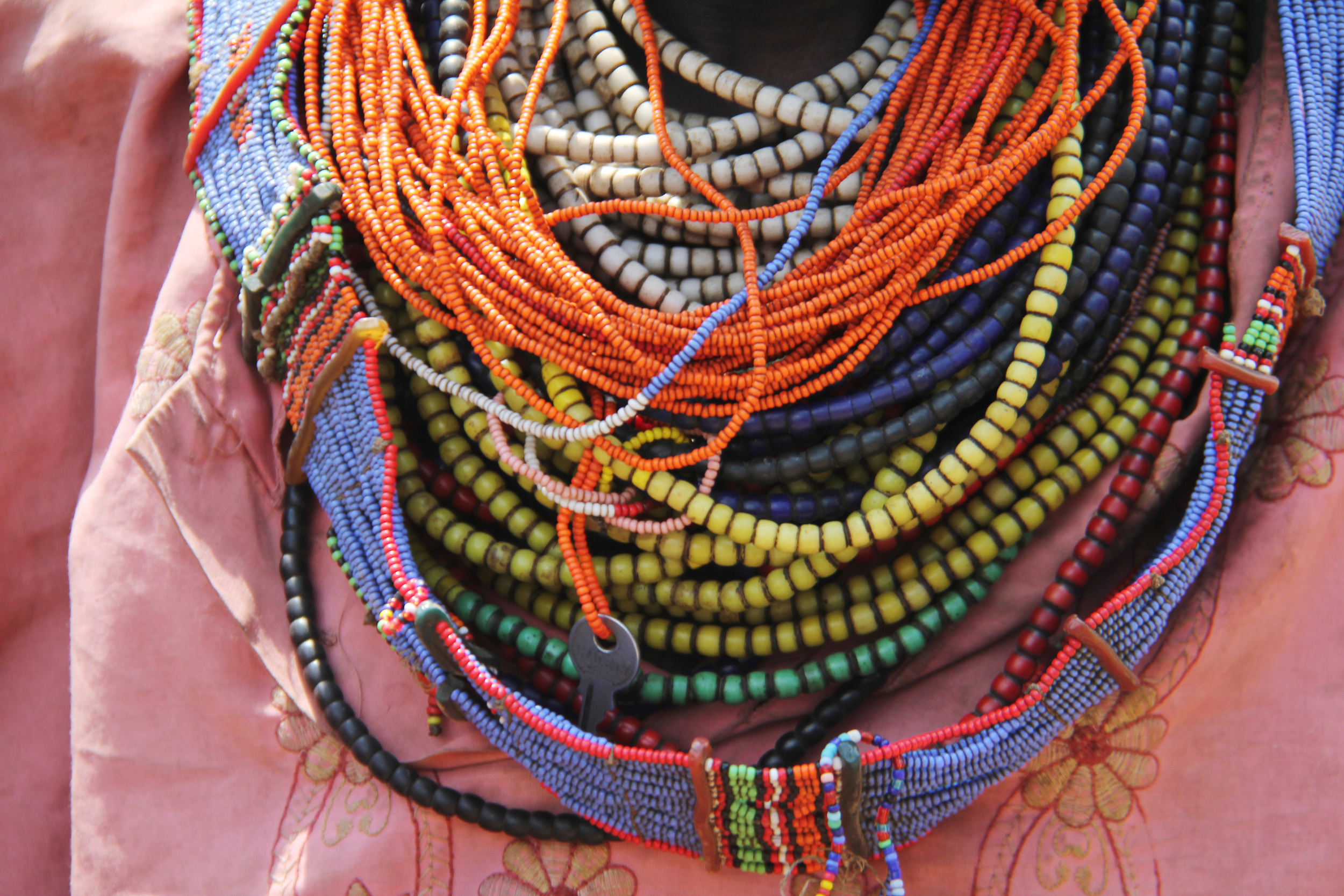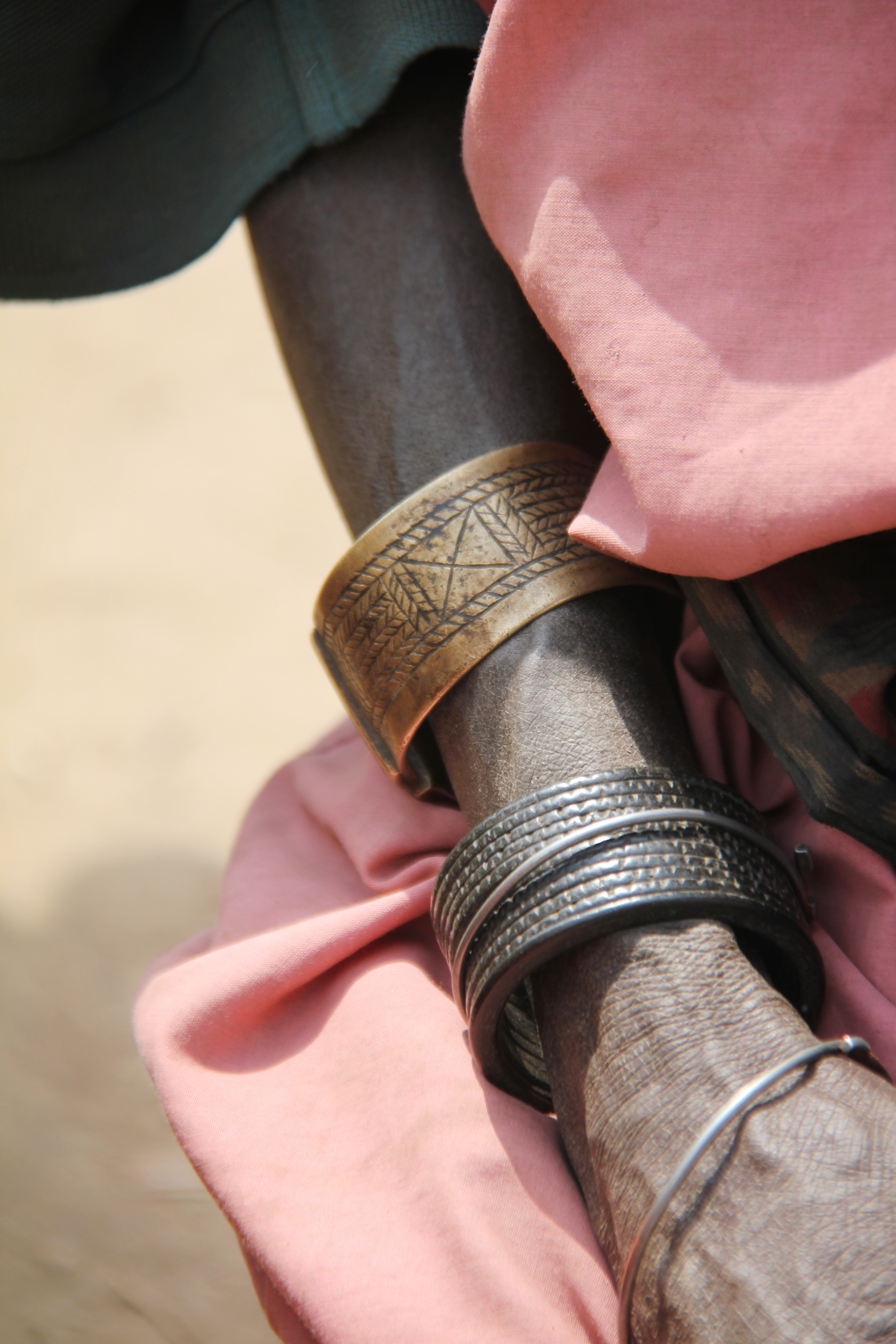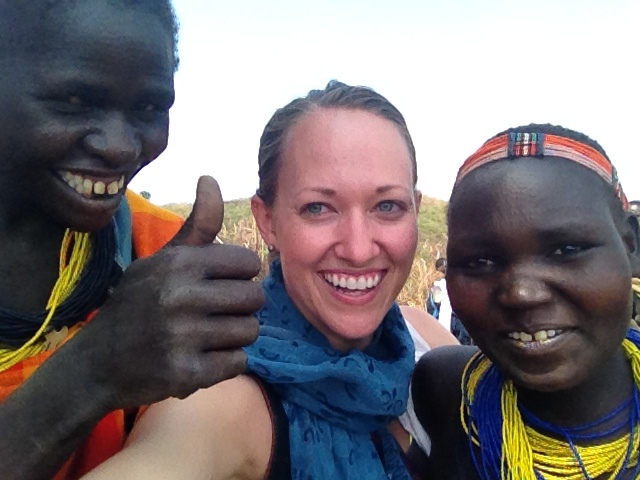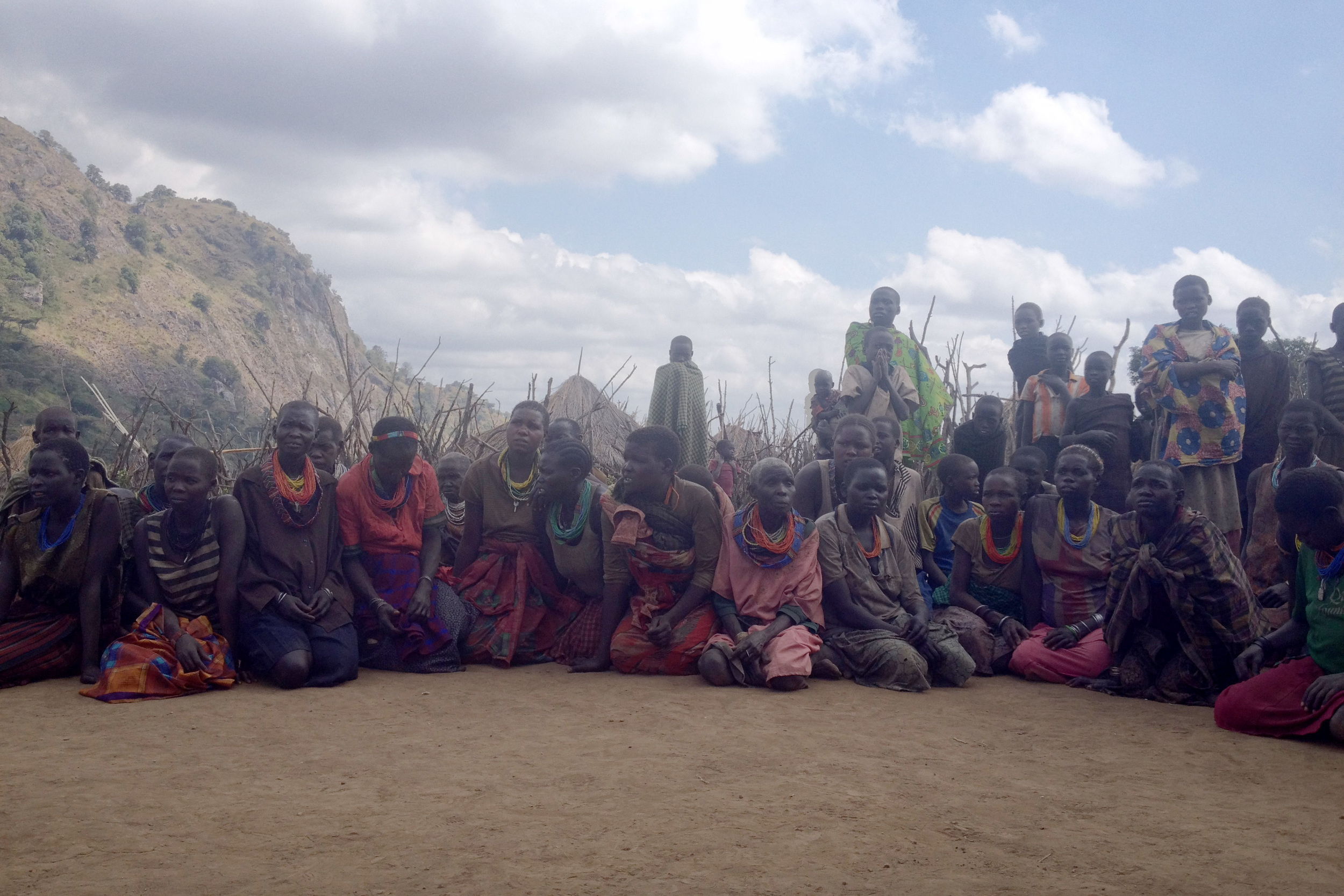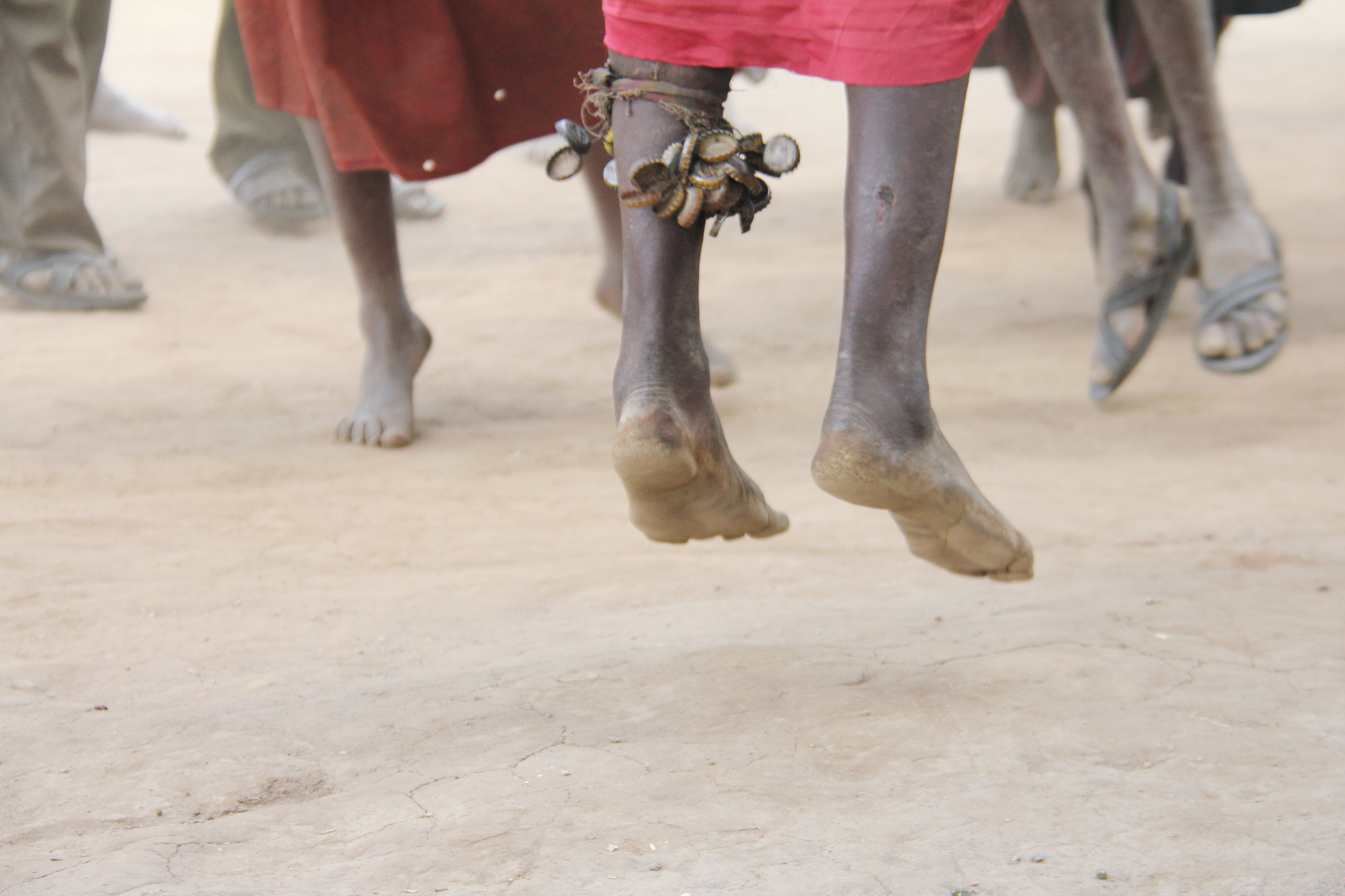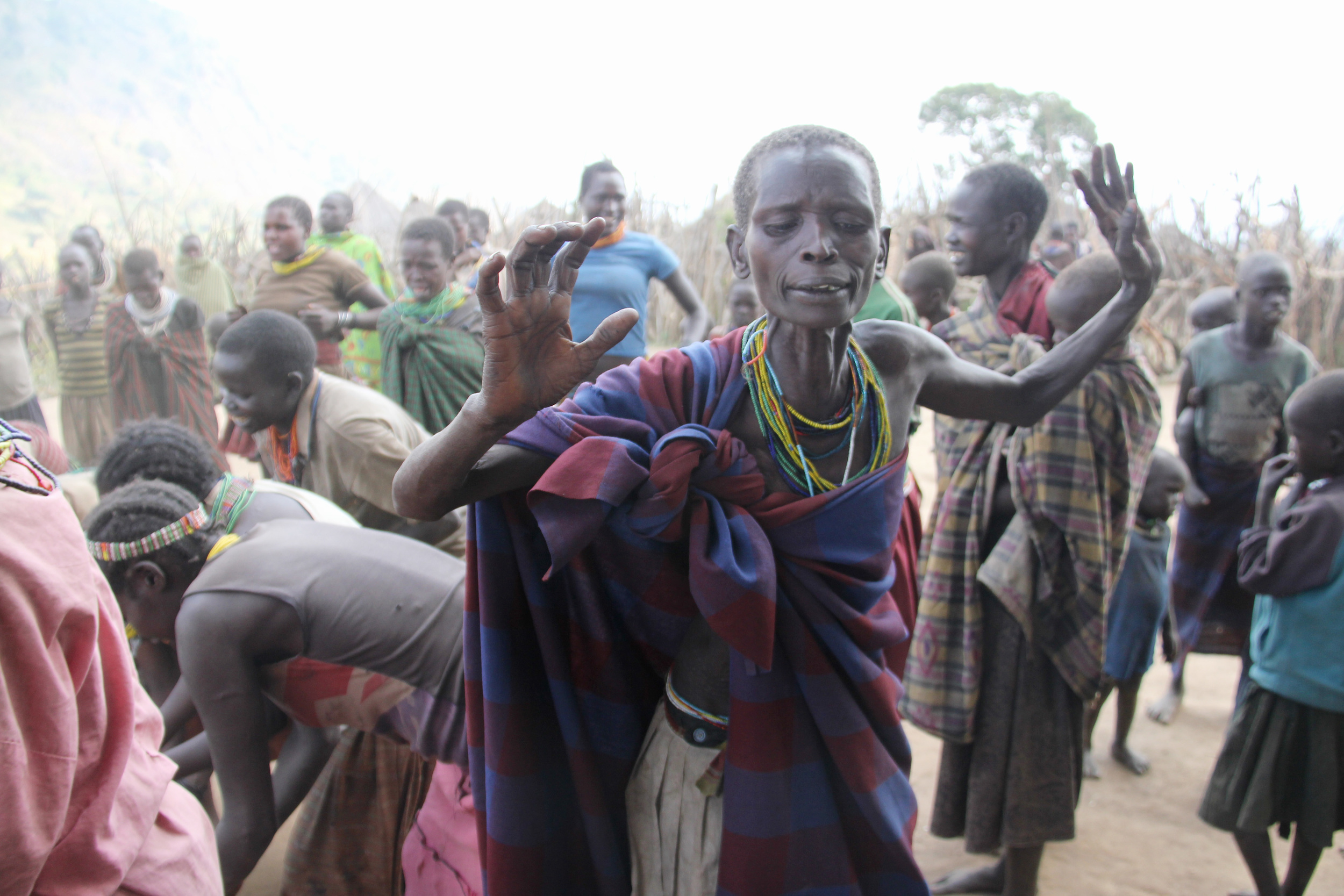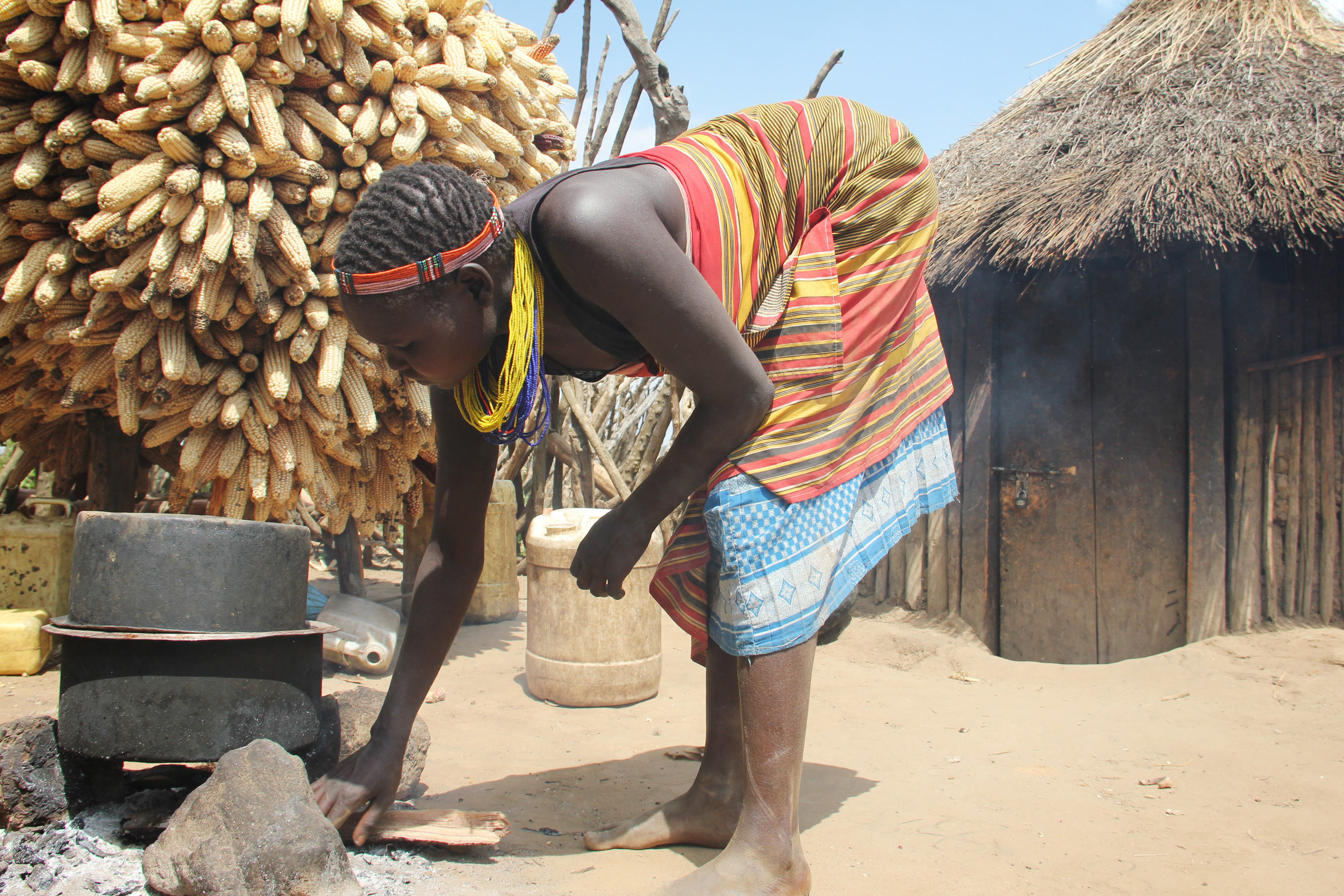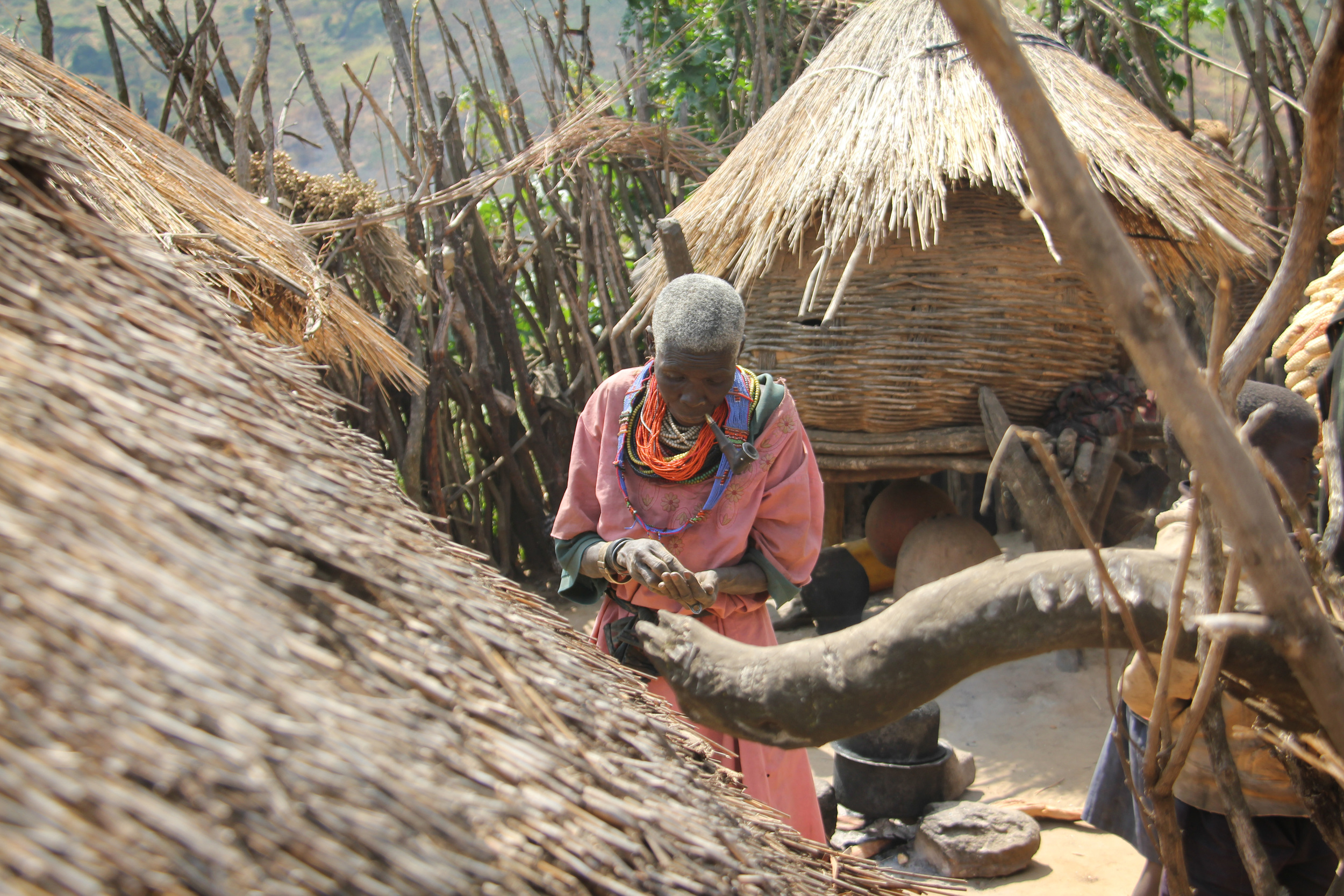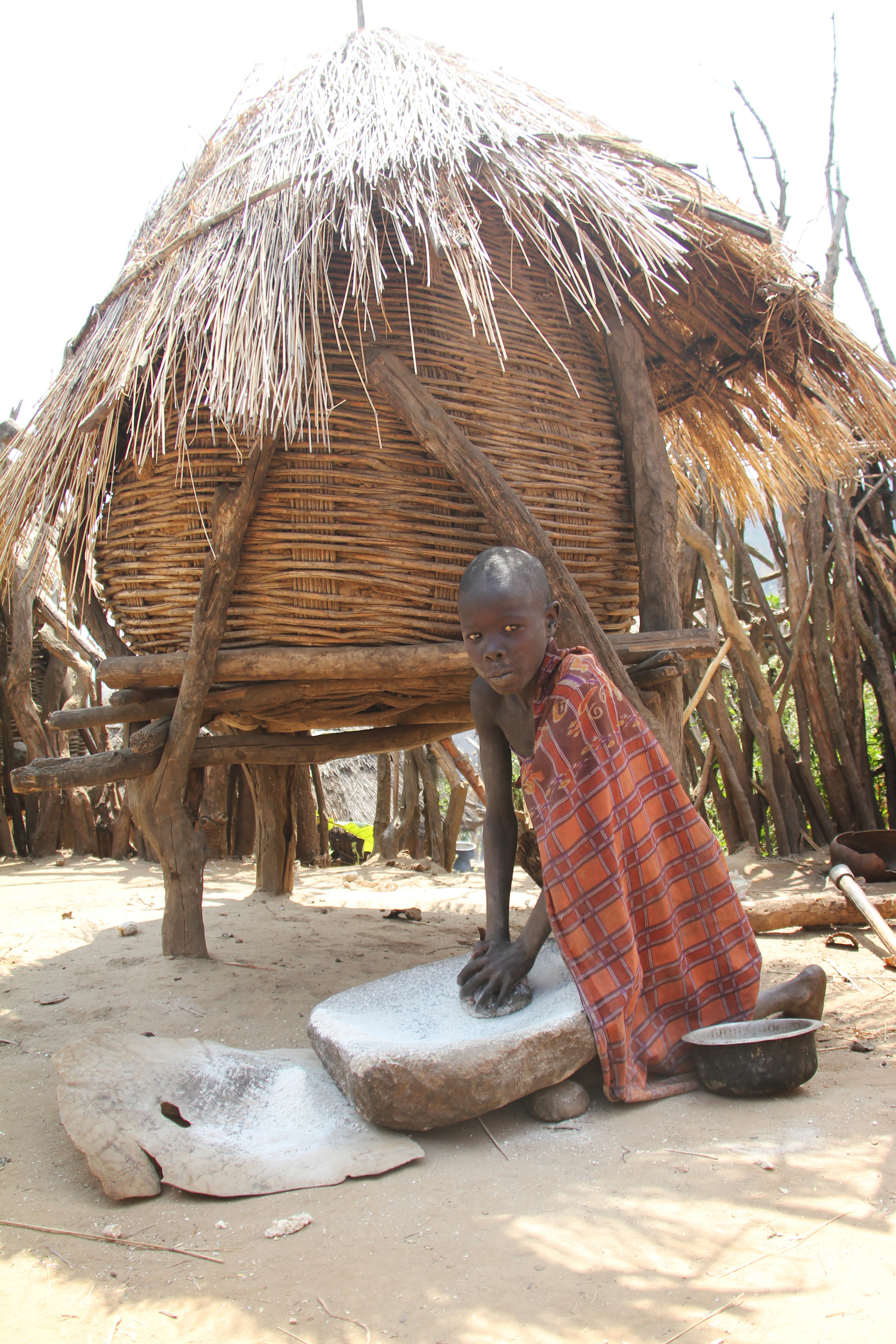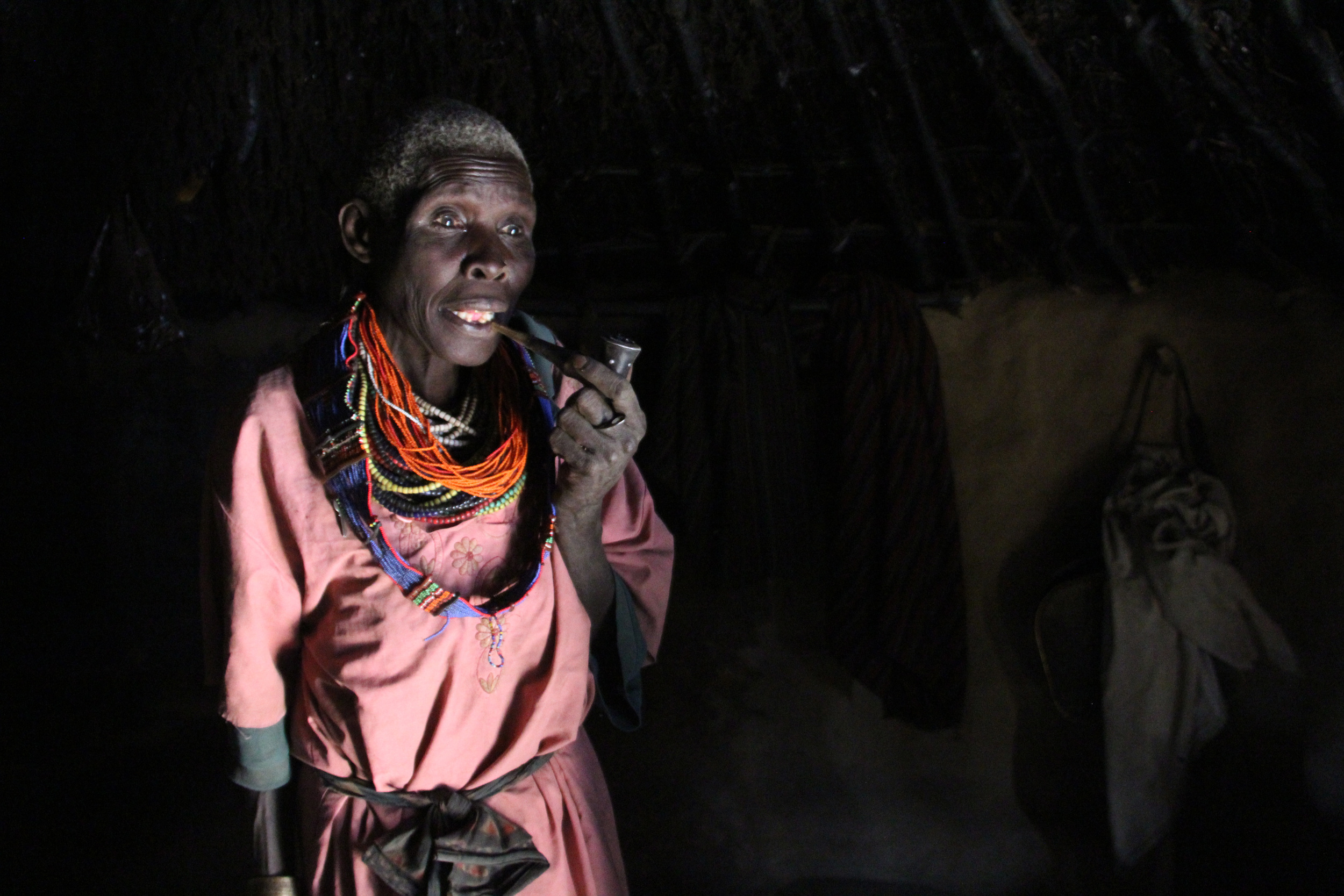Our trip to Kidepo Valley was splendid in many ways, but what really set it apart from other trips around East Africa was our New Years' Eve visit to Uganda's "lost tribe," the Ik. In a region dominated by the Karamajong tribe, a people group still living very traditionally, the Ik (pronounced eek) have set themselves apart from their neighbors both in geography and in language. After being forcibly removed by the government from what is now Kidepo National Park, the Ik supposedly wanted to avoid the violent clashes among the Karamajong, so they took to the hills.
And to those hills we went. Eric's mother, Cathy, and I hiked with a few others through the mountains and valleys, an incredibly stunning scene in a remote corner of Uganda, for 5 very long hours. We set out in the morning and began to walk, first among the lands of the Karamajong.
The hike was not easy, and after several hours of our guides telling us we were "close," we finally reached a small village where our hosts, the Ik, were waiting for us. They greeted us with a song and a dance and later took us around their small village, showing us their granaries, and letting us observe their lives. Communication was sparse; .even our Karamajong guides could not understand the Ik language, but it was fascinating to discover what kinds of communication were universal among us. A thumbs up? An "ok" sign? If nothing else, a smile!
As we left the Ik, a people so remotely tucked away, I reflected on how that night the rest of the world would be ringing in the "new year," yet the Ik lived not according to our calendars and wouldn't see any difference between that day and the next. Our visit to a culture so vastly different from my own brought up several thoughts about who we are as humanity, what we share, and how our differences came to be. This unique tribe will sadly, but likely disappear in the next few decades, leaving the world a little less aware of our human diversity.
